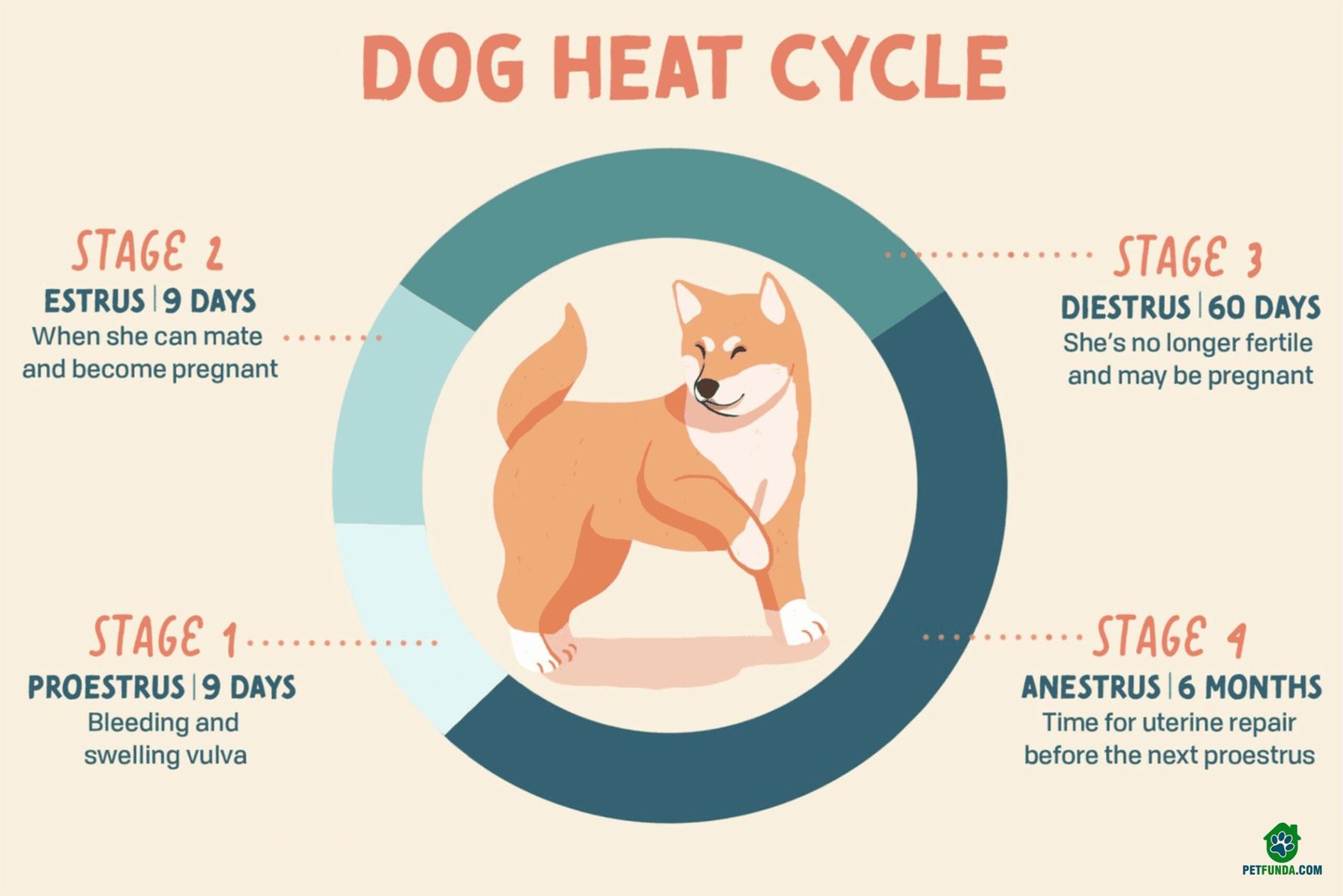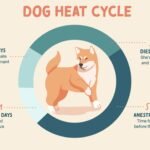Being a pet owner, it is essential for you to be aware of the potential dangers lurking within your home. Several everyday household items can be toxic to your furry friend if ingested or exposed to them. In this guide, you can learn everything about the stock items which are poisonous to your dog, helping you create a safe environment and also prevent accidental poisoning accidents.
Human foods
- Chocolates feature theobromine which can be toxic to your dog and cause symptoms like vomiting, diarrhea, increased heart rate, and even seizures or heart problems.
- Grapes and raisins can lead to kidney failure in your dog, causing symptoms like vomiting, diarrhea, abdominal pain, and decreased appetite.
- Some compounds of onions and garlic can damage your furry friend’s red blood cells leading to anemia and symptoms like weakness, vomiting, and pale gums.
- Xylitol is basically an artificial sweetener that is found in several sugar-free products that can cause a drop in your furry friend’s blood sugar level, Liver damage, and potential seizures in your dog.
- Alcohol is highly toxic to your dog. Even a small amount can lead to alcohol poisoning resulting in symptoms like vomiting and difficulty breathing.
Household chemicals
- Several common household cleaners contain chemicals that are toxic to your dog, like bleach, ammonia, and toilet bowl cleaners. Ingestion or exposure to this chemical can cause respiratory distress, chemical burns, and even gastrointestinal issues.
- Insecticides and garden pesticides can be lethal to your dog if ingested. You can come across some symptoms like tremors, seizures, and even organ failure.
- Antifreeze features glycol, which is highly toxic to your dog. Ingestion can lead to kidney failure symptoms like vomiting and disorientation in your dog.
Medications
- Drugs like decongestants and Advil can be hazardous and potentially futile to your dog. They can cause severe stomach ulcers, liver damage and kidney failure, or even neurological issues.
- Your dog should never be given human prescription medicine without veterinary guidance systems like antidepressants, opioids, or heart medicines can have severe consequences if ingested.
Plants and flowers
- Several common plants and flowers are toxic to your dog if ingested. Some examples include lilies, tulips, and daffodils. Symptoms can range from gastrointestinal issues to organ damage, depending on the plant.
- Some outdoor plants, like mushrooms found in your yard, can be toxic to your dog and cause symptoms like vomiting and even liver failure
household plants
- Aloe Vera is undoubtedly known for its medicinal properties for humans, but it can cause vomiting, diarrhea, and tremors in your dog if ingested.
- Peace lilies are toxic to your dog and can cause symptoms like oral irritation, difficulty swallowing, and gastrointestinal upset.
- One of the most prominent indoor plants, dieffenbachia, contains calcium oxalate crystals which can cause intense burning and irritation in your dog’s mouth if they end up chewing in.
- Philodendron is another indoor plant that contains calcium oxalate crystals and can cause similar symptoms if it is ingested by your dog.
Miscellaneous items
- When your dog ingests batteries then, it can lead to chemical burns, blockages, and internal injuries. It would be best if you kept all types of batteries, including button batteries, out of your dog’s reach.
- Paint solvents and other elements generally contain chemicals like lead and zinc, which can be toxic to your dog if inhaled.
- Some glues and adhesives, especially the ones containing chemicals, can be toxic to your dog and can cause gastrointestinal upset if ingested.
- Essential oils like tea tree oil, when ingested or applied topically, can be toxic to your dog and cause symptoms like lethargy, weakness, tremors, and even liver damage.
- Snail baits that are used to control slugs and snails basically contain metaldehyde, which can be highly toxic to your dog if ingested. You can come across some symptoms like muscle tremors and respiratory distress.
- Cigarettes and cigars feature nicotine that is toxic to your dog, and ingestion of these tobacco products can result in symptoms like rapid heart rate, tremors, vomiting, and even nicotine poisoning.
- Perfumes and fragrances contain alcohol and other chemicals which can be harmful to your dog if inhaled in large amounts.
Here are some tips to keep hazardous items away from your dog
- You need to store all the hazardous substances and things in cabinets or closets which are securely closed or locked. This includes household chemicals, cleaning products, and medications.
- Must install a childproof latch to the cabinets and drawers to prevent the dog from opening and accessing any dangerous items.
- It is essential for you to dispose of hazardous items like batteries and medications in sealed containers or according to the local disposal guidelines to prevent your dog from getting to them.
- You must choose non-toxic plants and flowers for your home and garden to reduce the risk of poisoning. It would be best if you researched which plants are safe for dogs and avoid those which are toxic.
- You must use dog-proof trash cans or place trash cans in areas inaccessible to the dogs to prevent them from rummaging through potentially interesting harmful substances.
- It would be best if you kept a close eye on your dog, especially in areas where toxic items would be present. It would be best if you did not leave them unattended in rooms with potential hazards.
- Training dogs to understand the boundaries and reinforce commands like leave it this will help in preventing them from approaching or picking up potentially dangerous items.
- Regularly inspect your living spaces and garage for any potential hazards that would pose a risk to your dog.
- Pet-proof your house by securing loose wires and other important hazards that dogs would chew or play with for
- When outside, you need to supervise your dog to ensure they do not encounter any toxic plants or other harmful substances.
- You need to store human foods which are toxic to dogs, like chocolates and grapes, and secure containers.
Hence understanding the potential dangers of household items and substances is very important to protect your dog from accidental poisoning. The guide works like a valuable resource highlighting all the categories of poisonous items like human foods and medications. By securing the items and keeping the toxic substance out of reach, and promptly seeking veterinary care if poisoning is suspected, you can provide a safe and secure environment to your fur buddy.




